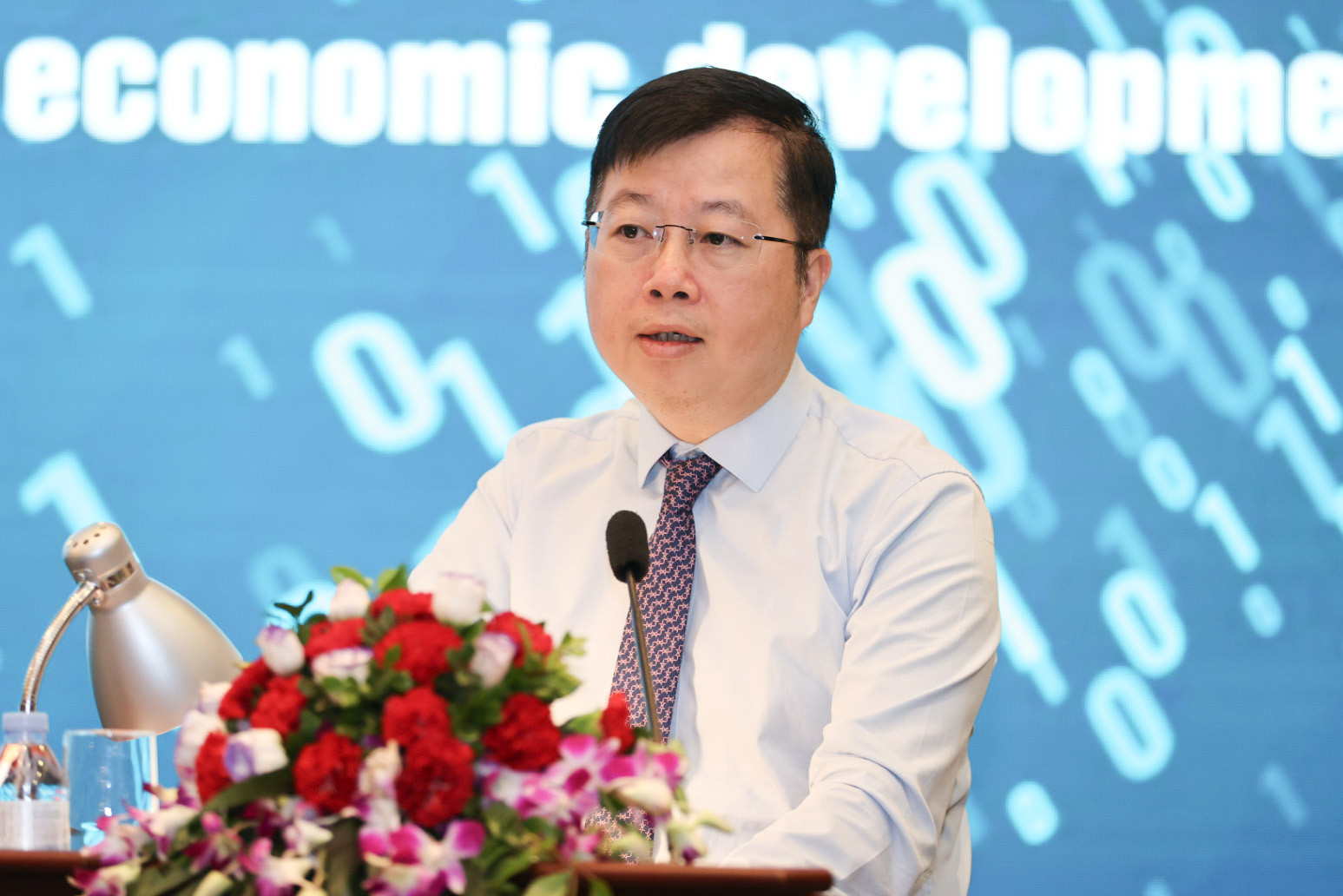
Speaking at the International Conference "Vietnam's Press and Media Economy in the Context of Digital Economic Development," organized by the Ministry of Information and Communications (MIC) and the University of Social Sciences and Humanities on June 14, Deputy Minister Lam outlined key initiatives for the future of Vietnam's press sector.
Mr. Lam highlighted the MIC’s ongoing efforts to support and develop the press, focusing on the economic challenges faced by the industry. One significant step is the proposed amendment to the 2016 Press Law, aimed at addressing the evolving technological landscape and shifting business models.
The revision will incorporate new concepts and frameworks at the legal level to foster the growth of the press. This includes provisions related to the press economy and changes to the institutional structures that underpin the media sector.
In addition to legislative changes, Deputy Minister Lam discussed the need to diversify how press agencies can serve the State and society. He emphasized that press agencies should not solely rely on their platforms but should provide services across multiple platforms to meet the needs of various ordering agencies.
He stressed the importance of the press adapting to the digital consumption habits of the new generation. With the increasing shift towards online content, traditional forms of media must innovate to remain relevant and engaging.
Addressing the economic aspects of journalism, Deputy Minister Lam mentioned recent adjustments in advertising revenue streams. These measures aim to curb the flow of advertising funds to channels that violate legal and copyright standards, thereby redirecting revenue back to legitimate and official media outlets.
A critical institutional issue discussed was the amendment of Decree 18/2014, which governs royalties in the press and publishing sectors. This decree is being revised to align with the Law on Intellectual Property, providing clear guidelines on fee schedules for copyright payments in journalism.
Deputy Minister Lam highlighted the persistent issue of copyright infringement eroding the resources of press agencies. He advocated for a system where the use of creative press content strictly adheres to intellectual property and copyright laws. This approach aims to protect the economic interests of legitimate press agencies and ensure fair competition with social networks.
He called for innovation in journalism and the business models of press products, recognizing the management challenges involved. He encouraged press agencies to explore new business models and revenue streams, reassuring that the State management agency will provide support where needed.
"We must change the way we do journalism and business with press products, which is extremely difficult but necessary," emphasized Deputy Minister Lam. He reiterated the commitment of the Ministry of Information and Communications to support press agencies in their pursuit of sustainable and innovative economic models./.
